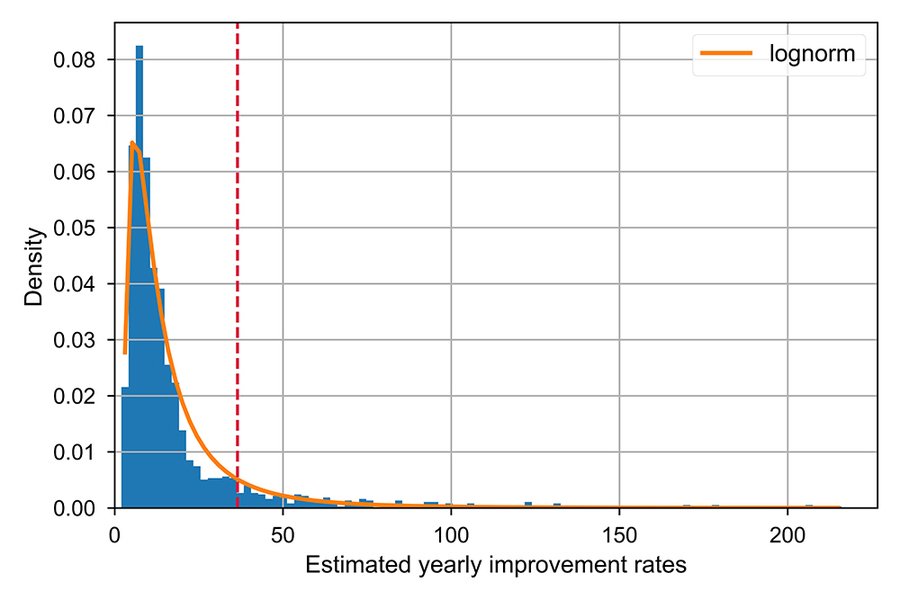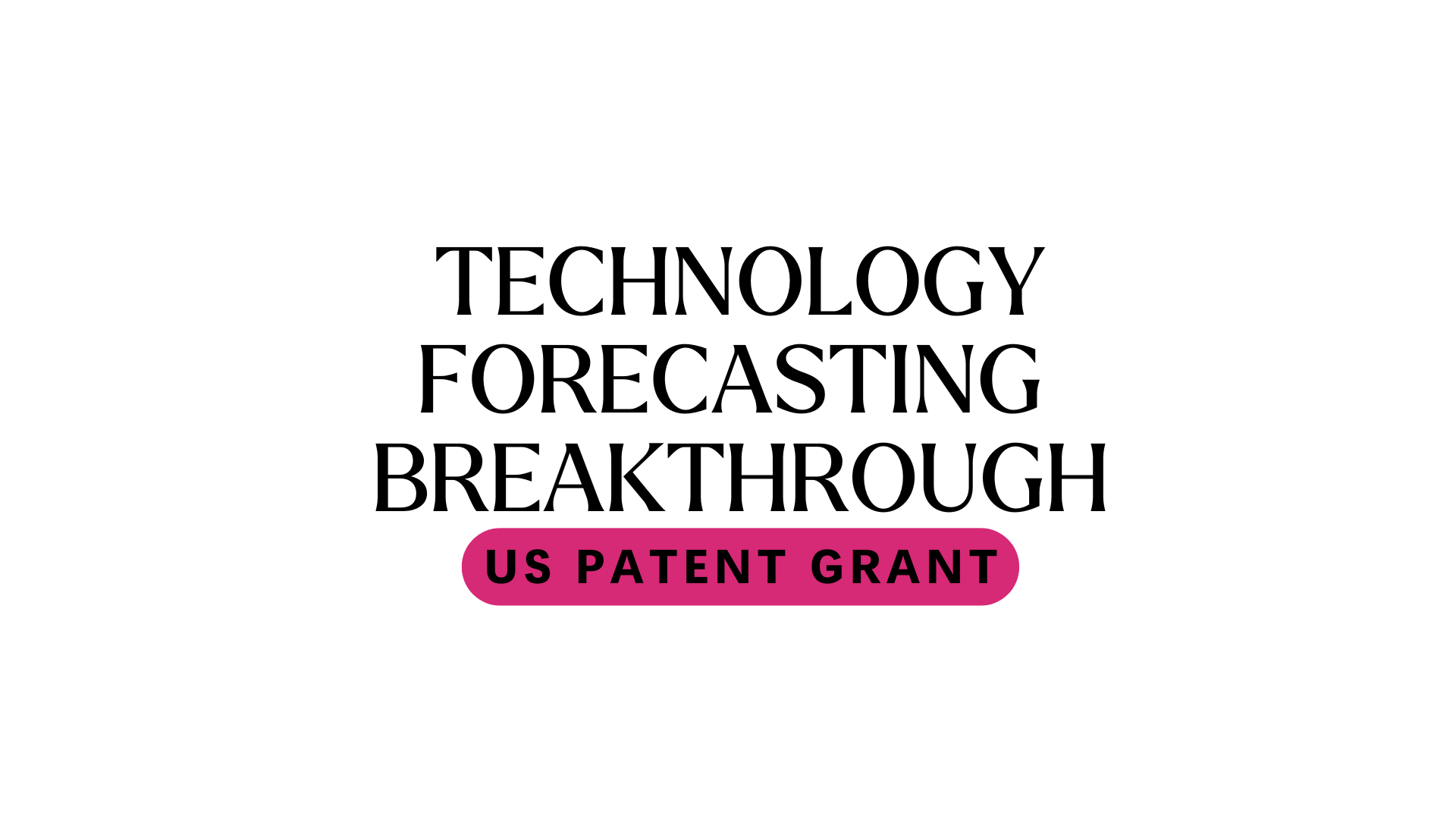Newsroom
Featured Articles
Some technologies improve much faster than others, and they do so at a more or less steady pace, regardless of individual breakthroughs and inventors. This should change how investors, policy makers and anyone choosing a career decides where to invest time and money.
Maybe you want to turn a hobby into something more. Or maybe you have a creative project to share with the world. Whatever it is, the way you tell your story online can make all the difference.
MIT researchers have used AI to predict which technologies are rapidly improving — and which ones are overhyped. In a new study, the team quantitatively assessed the future potential of 97% of the US patent system. The fastest-improving domains were predominantly software-related. They then converted their findings into an online system in which users can enter keywords to find improvement forecasts for specific technologies.
TechNext will use its patented AI-powered platform to analyze, strengthen, and accelerate innovation in semiconductor manufacturing across the Northeastern United States.
To predict the future potential of any technology, it used machine learning, patent network analytics, and empirical technology performance data
A team led by an Indian-origin researcher at the Massachusetts Institute of Technology (MIT) has developed a new artificial intelligence (AI) tool that can predict how fast any technology is improving, and help organisations manage research and development (R&D).
A team at the Massachusetts Institute of Technology (MIT) has developed a new artificial intelligence tool that can predict how fast any technology is improving, and help organisations manage research and development.
Une étude publiée sur Research Policy a passé au crible 97,2% des brevets américains déposés entre 1976 et 2015, qui regroupent 1757 domaines technologiques, dans le but de prédire les innovations technologiques futures
Progress depends on collective endeavour, but breakthroughs are often down to unorthodox individuals
Once the disruption of the pandemic settles, successful leaders need to address pressing issues in challenging, different fronts amidst an exponentially changing world. CEOs must face unprecedented demands from the their company’s workforce, customers, Board, investors, suppliers, and regulators, and must answer the questions at hand. How will we measure and improve corporate culture? How can we can shape the technologies transforming work? What is the future of eCommerce and omnichannel strategies? How do we assign decision rights for organizational acceleration? How will organizations systematically innovate and build technology organizations? How will organizations successfully implement hybrid work environments? Join us to hear from MIT faculty and MIT Startup Exchange entrepreneurs to learn how to navigate this new era with management best practices.
Some technologies improve much faster than others, and they do so at a more or less steady pace, regardless of individual breakthroughs and inventors. This should change how investors, policy makers and anyone choosing a career decides where to invest time and money.
Maybe you want to turn a hobby into something more. Or maybe you have a creative project to share with the world. Whatever it is, the way you tell your story online can make all the difference.
MIT researchers have used AI to predict which technologies are rapidly improving — and which ones are overhyped. In a new study, the team quantitatively assessed the future potential of 97% of the US patent system. The fastest-improving domains were predominantly software-related. They then converted their findings into an online system in which users can enter keywords to find improvement forecasts for specific technologies.
More In the Press

A Comprehensive Study of Technological Change
New research using patent data could help inform decision-makers by predicting which technologies are improving the fastest.











